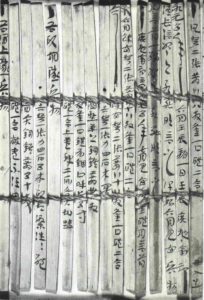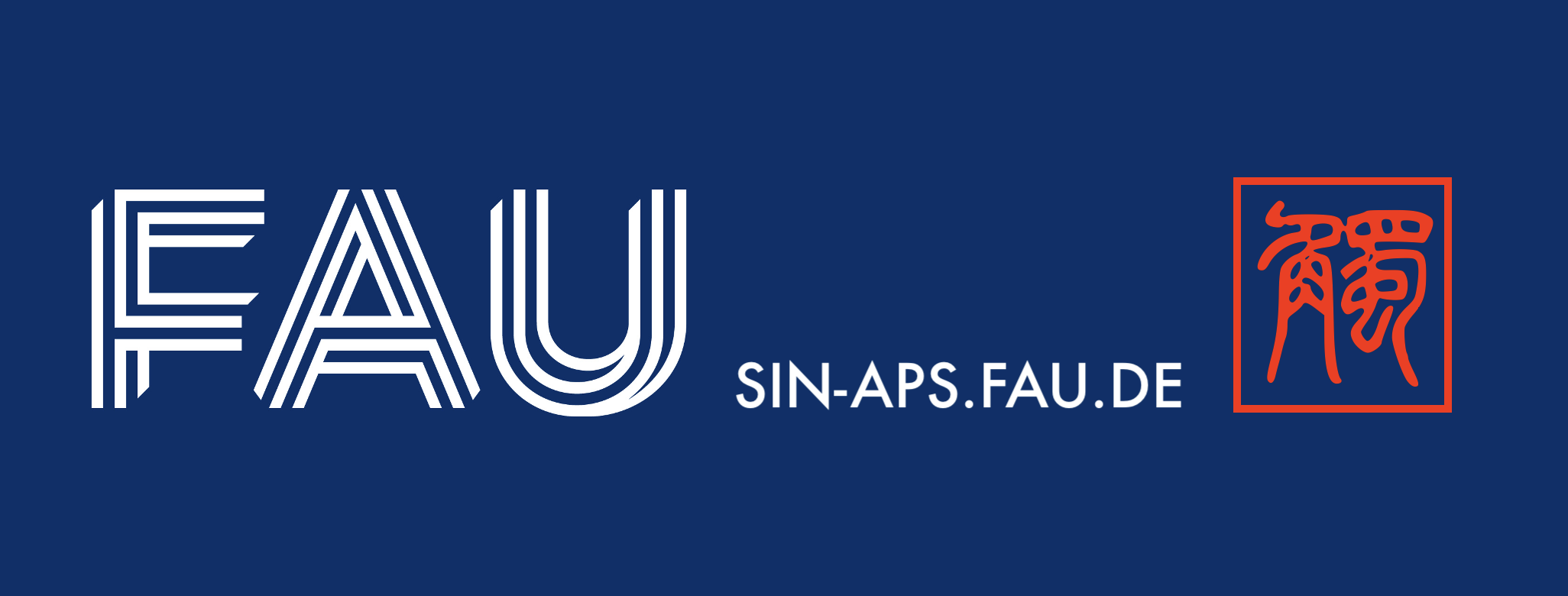Quantification from Europe to East Asia
Project Members: Prof. Dr. Andrea Bréard, Dr. Stefan Christ, Jacopo Nocchi, Marie Schierhorn, Dr. Nicolas Schillinger (10/2021-10/2022)

The ubiquity of numbers and statistics as a tool for understanding and ordering the world has a long history, and of course not only in Europe. It runs from early antiquity to the present day through all cultural areas. Numbers became effective in very different contexts (religion, astrology, economy, science, technology, administration, etc.), but especially in cultural exchange processes they just as quickly lose their apparent universality or plausibility and acquire new, unexpected meanings.
The history of quantification of natural and social phenomena and in particular the collection and statistical analysis of numerical data has been a topic of research studied from various perspectives for the physical, the life and the social sciences. But rarely do these narratives, often isolated by discipline, take into account and analyze what happened outside of Western Europe and North America, although the potential richness of a “history of quantification as it bears on the cultural study of objectivity” beyond the usual geographic limitations has been acknowledged (Porter, Trust in Numbers, first published 1996). Non-Western societies that had not only early traditions of quantitative astronomy driven by the practical demands of astrology, but also forms of political order that required the numerical measurement of social and natural phenomena, provide rich materials for exploring the cultural, political, and social significance of quantification beyond the transition to modernity. Since non-Western states entered the global scene of science and technology in the early 20th century, quantification became an omnipresent practice and an accepted theoretical tool that has had profoundly transformative effects at national and global political, scientific, and institutional levels.
This project focuses upon the modern and contemporary era and analyzes the rise of quantification as a mode of representation for a number of case studies in particular (but not exclusively) from China, where, in a changing shape of modernity, local administrative and mathematical traditions merged with Western social and scientific theories. It explores the cultural and social meaning of numbers as they inform political, historical or scientific narratives and theories. This allows to understand the underlying cultural components in the production and communication of numerical data, not only as they are used by historians or scientists but also by a larger audience. The project thus represents an opportunity to develop new theoretical approaches that will historicize the public role of science in authoritarian regimes and ultimately contribute to a global history of the plurality of statistical practices.
We regularly publish short opinion pieces, discussing statistical peculiarities in modern and contemporary China which we observe in the course of our research. They are made available on this website under the category Statistical Snippets.
For a German language version of the project description, see here.
